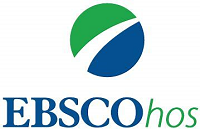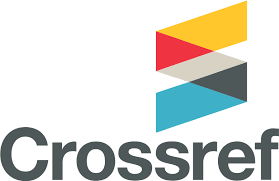Responsive feeding in the accepting of new food in children from 2 to 3 years old
DOI:
https://doi.org/10.33539/consensus.2019.v24n2.2323Keywords:
Responsive feeding techniques, new food intake, preschoolers, caregivers, healthy eating habitsAbstract
The study seeks to prove that the use of Techniques of Responsive Feeding contributes to improvement of eating habits through the acceptance of new foods in children 2 to 3 years old. The study is an applied type, descriptive level and a cross-sectional descriptive design. The population was consisted of 66 preschool children from an educational institution, called I.E.I. “Niño Jesús de Praga”, in 2014. The observation instrument for caregivers was applied. In addition, the Chi-square statistical test was employed to measure the significance level of the study. The results indicate that the application of techniques facilitates the consumption of new foods in the diet of preschool children, and therefore, it could be asserted that the accepting of new foods, and the use of the Techniques of Responsive Feeding to children from 2 to 3 years old, it is effective(p<0.0001).








